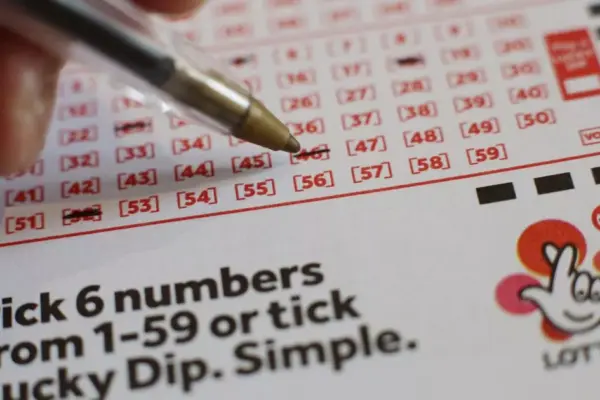
Introduction to the Postcode Lottery
The Postcode Lottery is not just a game of chance; it is a significant initiative that supports communities and charitable causes across the United Kingdom. With its unique format of linking charity donations to players’ postcodes, it creates a sense of camaraderie among participants while raising substantial funds for various organisations. This lottery has become increasingly relevant, especially in the context of the ongoing recovery from the pandemic, as many charities are still facing financial constraints.
How the Postcode Lottery Works
Launched in 2005, the Postcode Lottery operates by charging participants a monthly fee, with the draw based on their postcode. When a postcode is drawn, players in that area may win prizes, which can range from small amounts to substantial winnings. Importantly, a significant portion of the ticket sales is allocated directly to charitable organisations. Currently, the lottery has raised over £700 million for various causes, including environmental projects, education, and social welfare initiatives.
Recent Developments and Fundraising Efforts
In light of recent global challenges, the Postcode Lottery has intensified its fundraising efforts. For instance, the 2022-2023 fundraising campaign saw an increase in participation, with new draws and higher prize money introduced to entice more players. Additionally, the lottery recently expanded its support for mental health charities, particularly in response to the increased demand for such services caused by the pandemic. This has not only facilitated generous donations but also highlighted the importance of mental health awareness in communities.
The Impact on Communities
The effects of the Postcode Lottery on local communities can be profound. A notable example is the funding allocated to community gardens and similar initiatives that foster social interaction and environmental responsibility. Statistics indicate that approximately 50% of ticket sales are donated to charitable causes, contributing to real change. For example, players’ contributions have helped fund vital services, including food banks, shelters, and health clinics, which are essential for vulnerable populations during these times.
Conclusion: A Lottery with a Purpose
As the Postcode Lottery continues to evolve, its role in supporting local and national charities remains crucial. With predictions that participation will increase further as awareness rises about its philanthropic nature, we can expect even greater support for good causes moving forward. For readers, participating in the Postcode Lottery not only provides a chance to win money but also means contributing to a communal effort towards bettering society. Hence, it represents a harmonious blend of entertainment and social responsibility.
You may also like

Current Trends in Crime: An Overview


The Importance of Pubs in British Society and Their Resurgence
SEARCH
LAST NEWS
- Remembering Wendy Richard: The Promise to Co-Star Natalie Cassidy
- How Did Anglian Water Achieve an ‘Essentials’ Rating for Mental Health Accessibility?
- Shai Hope Leads West Indies in T20 World Cup Clash Against South Africa
- What We Know About Weston McKennie: Future at Juventus and Past at Leeds
- What We Know About the Upcoming Live Nation Antitrust Trial